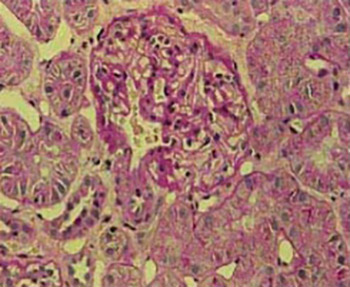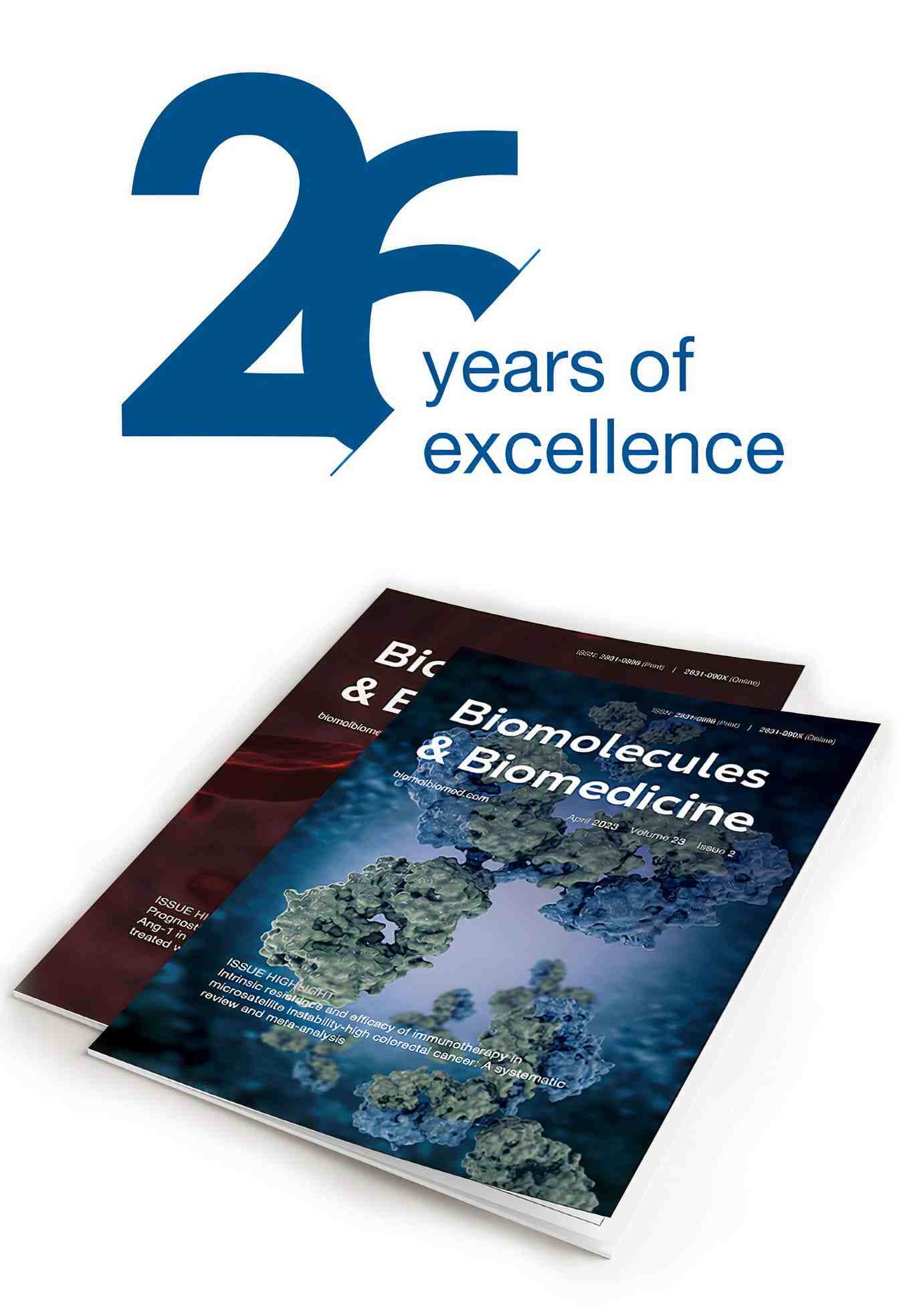Immunosuppressive Therapy Protocols in Kidney Transplantation in Adults
DOI:
https://doi.org/10.17305/bjbms.2006.3143Keywords:
drug, immunosuppression, kidney transplantAbstract
In practical terms, regardless of HLA compatibility level, whenever tissues are transplanted from one person to another it is essential to suppress the immune response of the recipient. A variety of methods are available however, the most frequently used ones have the disadvantage of being immunologicaly non specific. The consequence is a difficult balance between immunosuppression sufficient to prevent the tissue rejection and maintenance of immune system at the level of ability to adequately deal with an infection. The goal, not yet achieved, is to find a way of generating donor specific immunosuppression that leaves the immune machinery otherwise completely intact. The major approaches to immunosuppression are described below.
Citations
Downloads

Downloads
Published
How to Cite
Accepted 2018-02-06
Published 2006-08-20









